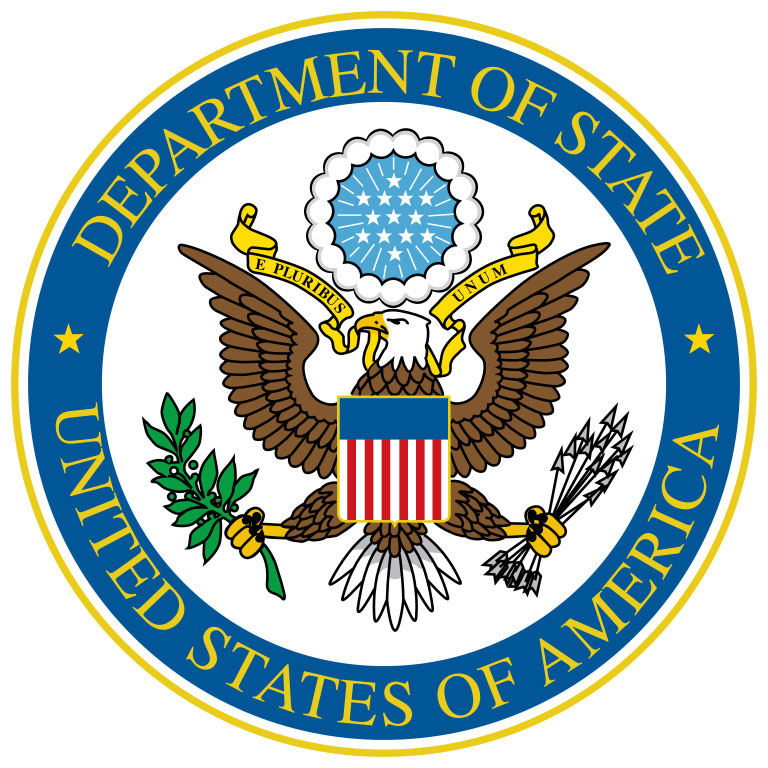Installment 2021-2
As of January 26, 2021, the Centers for Disease Control and Prevention (CDC) requires all air passengers entering the United States (including U.S. citizens and Legal Permanent Residents) to present a negative COVID-19 test, taken within three calendar days of departure or be prepared to show documentation of recovery (proof of a recent positive viral test and a letter from your healthcare provider or a public health official stating that you were cleared to travel). Airlines must deny boarding of passengers who do not provide documentation of a negative test or recovery. For more information, please see the CDC FAQ page at: https://www.cdc.gov/coronavirus/2019-ncov/travelers/testing-international-air-travelers.html
Q: I am a U.S. citizen. Can the U.S. Embassy help me in the event of an emergency outside of the United States?
A: The U.S. Embassy in Georgetown is able to provide emergency services to U.S. citizens in cases of death, arrest, victim of a crime, and emergency financial assistance. U.S. citizens with emergencies can reach the Embassy during business hours (7:30 AM to 4:00 PM, Monday through Friday) at 592-225-4900 Ext 4222. Outside of business hours, U.S. citizens with life-threatening emergencies can contact +592-623-1992. When outside of Guyana, U.S. citizens can contact +1-301-985-8667 Ext 4222 or 011-592-623-1992.
For information on what the Embassy can and cannot do in the event of a crisis, please visit: https://travel.state.gov/content/travel/en/international-travel/emergencies/what-state-dept-can-cant-do-crisis.html
Q: What emergency services does the U.S. Embassy provide to U.S. citizens?
A: We can assist you in an emergency in the following ways:
• Replace your lost or stolen passport
• Connect you with information on medical and legal assistance in Guyana (e.g., attorneys, doctors, hospitals, air ambulance services)
• Address emergency needs that arise as a result of the crime
• Explain financial assistance options to return to the United States if you find yourself destitute in Guyana
• Contact family, friends, or employers with your written permission, in accordance with the Privacy Act of 1974
• Conduct a welfare/whereabouts check on a US citizen in Guyana
Appointments for U.S. citizen services can be made through our website located here: https://evisaforms.state.gov//Instructions/ACSSchedulingSystem.asp.
We ask that anyone with a confirmed appointment wear a face covering and comply with social distancing requirements while they visit the consular section.
Q: Can the U.S. Embassy alert me in the event of a natural disaster or other large-scale emergency?
A: The U.S. Embassy in Guyana strongly encourages U.S. citizens to register with the Smart Traveler Enrollment Program (STEP): https://step.state.gov.
The Smart Traveler Enrollment Program (STEP) is a free service to allow U.S. citizens and nationals traveling and living abroad to enroll their trip with the nearest U.S. Embassy or Consulate. Benefits of STEP enrollment include:
· Receive important information from the Embassy about safety conditions in your destination country, helping you make informed decisions about your travel plans.
· Help the U.S. Embassy contact you in an emergency, whether natural disaster, civil unrest, or family emergency.
· Help family and friends get in touch with you in an emergency.
Q: Are there steps I can take to better prepare for upcoming travel?
A: The U.S. Department of State maintains a comprehensive Traveler’s Checklist that will allow travelers to prepare for upcoming travel. The Checklist includes content and links regarding traveler’s insurance, travel to high-risk areas, required documents, and other considerations. The Checklist can be found at: https://travel.state.gov/content/travel/en/international-travel/before-you-go/travelers-checklist.html
The U.S. Department of State also provides guidance on steps U.S. citizens can take to be prepared in the event of a crisis abroad. The guidance includes advise on ways to stay informed about conditions at the intended destination, ways to be prepared for an emergency, opportunities to be connected with emergency contacts, and actions to stay safe when abroad. This guidance can be found at: https://travel.state.gov/content/travel/en/international-travel/emergencies/what-can-you-do-crisis-abroad.html
“Ask the Consul” is a monthly column from the U.S. Embassy answering questions about U.S. immigration law and visa issues. Detailed information about visas and travel can be viewed at https://gy.usembassy.gov/, https://ais.usvisa-info.com/ and https://travel.state.gov/. Applicants are strongly encouraged to prepare their own documents and avoid third-party advice. U.S. Consular rules change frequently, and non-US government advisors often provide inadequate or inaccurate information. Please contact our Visa Information Service Center on toll free numbers: 1-877-246-6788 or 703-988-5765 if you have general visa questions.

